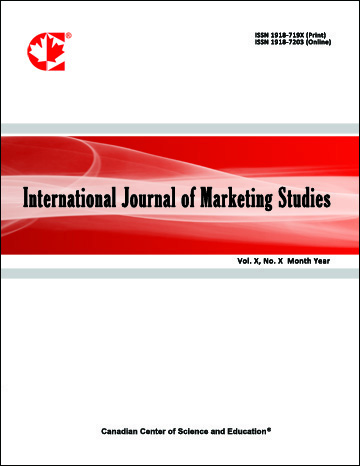Consumers Preferences Analysis Toward International Marketing Strategy for Salmon from Japan
- Masashi Mochizuki
- Taro Oishi
- Yasuyuki Miyakoshi
- Nobuyuki Yagi
Abstract
In this paper, we construct an international marketing strategy aimed at expanding salmon exports from Hokkaido, Japan. We conduct online surveys with consumers from the United Kingdom (UK), Singapore, and South Korea, which are among the priority countries / regions in the “Hokkaido food export expansion strategy.” We carry out a binomial logistic regression analysis using the factors that determine consumers’ food preferences and how consumers differentiate between producing countries. As a result, we find that the factors that increase the probability of consuming salmon include “consumers believing that a country's fish is wild-caught,” “consumers believing that a country's fishing is sustainable,” “consumers being young” (the UK and South Korea only), “consumers having high-frequency seafood consumption “ (the UK only), and “consumers having a high income” (the UK only). We also find that the UK does not differentiate between foreign salmon-exporting countries, while in Singapore, Japan’s salmon is valued higher than fish from countries such as Chile, Russia, and Canada. In South Korea, on the other hand, Norway, the United States (Alaska), and Canada ranked the highest, while Japan ranked the lowest.
- Full Text:
 PDF
PDF
- DOI:10.5539/ijms.v10n4p1
Journal Metrics
Google-based Impact Factor (2021): 1.34
h-index (July 2022): 70
i10-index (July 2022): 373
Index
- Academic Journals Database
- CNKI Scholar
- EconBiz
- Electronic Journals Library
- Excellence in Research for Australia (ERA)
- GETIT@YALE (Yale University Library)
- Harvard Library
- IBZ Online
- Infotrieve
- JournalTOCs
- LOCKSS
- MIAR
- PKP Open Archives Harvester
- RePEc
- ResearchGate
- ROAD
- Scilit
- SHERPA/RoMEO
- Stanford Libraries
- UCR Library
Contact
- Alyssa SunEditorial Assistant
- ijms@ccsenet.org
